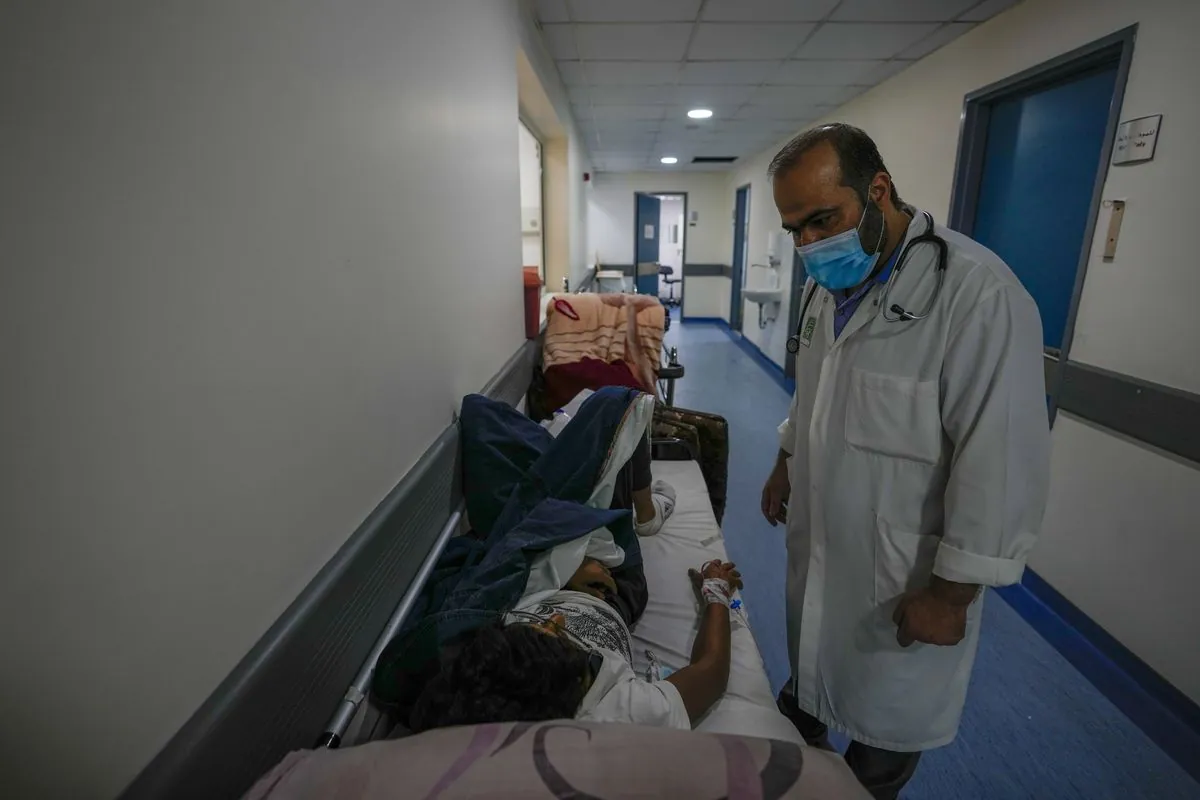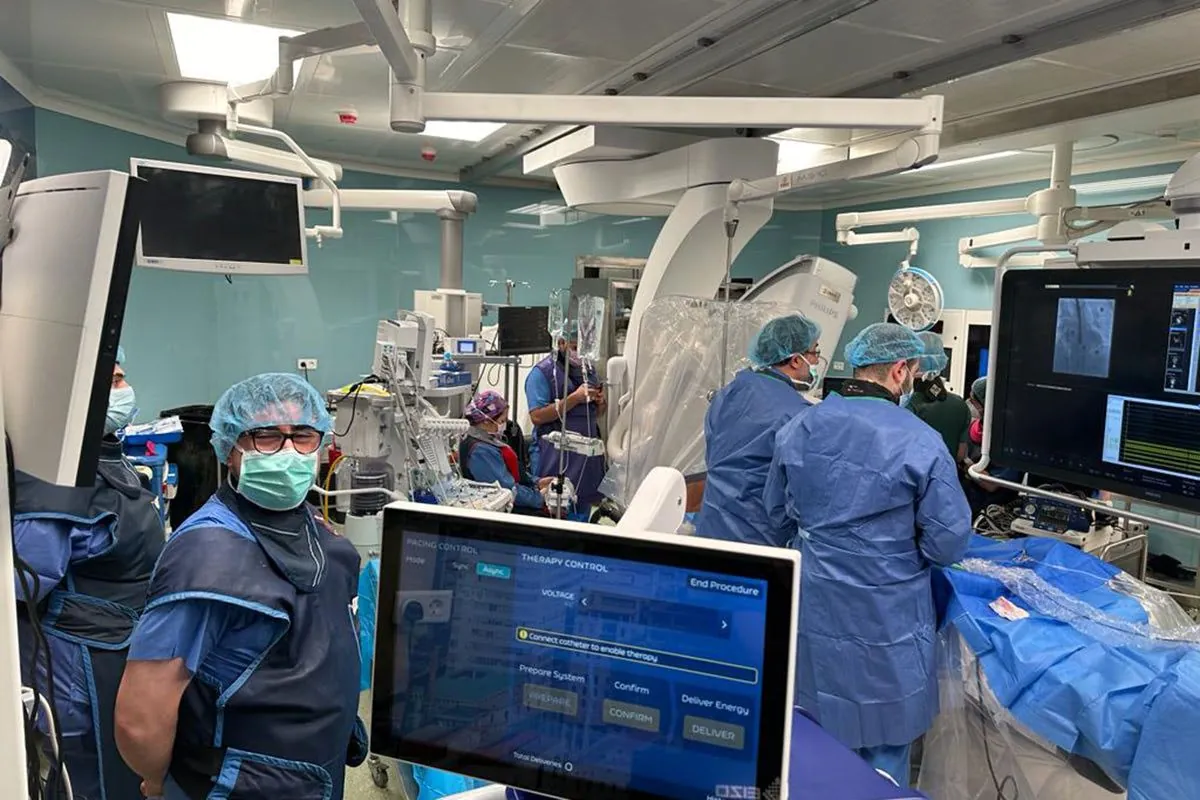Lebanon's Healthcare System Faces Critical Test Amid Ongoing Crises
Lebanon's strained healthcare sector demonstrated resilience during a recent mass casualty event, raising concerns about future challenges. Medical professionals describe harrowing experiences and emotional toll.

In a recent incident that tested Lebanon's crisis-stricken healthcare system, medical facilities across the country were inundated with thousands of injured individuals. This event, occurring approximately one year ago, highlighted both the resilience and vulnerabilities of a sector grappling with multiple challenges.
Firas Abiad, Lebanon's Health Minister, reported that over 2,700 people sought treatment at 20 hospitals following a series of explosions. Despite the overwhelming influx, the healthcare system demonstrated a commendable response, with more than 400 surgeries performed in a single day. The minister emphasized the relatively low fatality rate compared to the number of injuries, attributing this to months of preparedness.

The incident underscores the ongoing struggles faced by Lebanon's healthcare sector. The country has experienced a series of crises in recent years, including a financial collapse in 2019 that has been described as one of the worst in modern history. This economic downturn has severely impacted the healthcare system, once considered among the best in the Middle East.
Lebanon's challenges are compounded by its complex geopolitical situation. Sharing borders with Syria and Israel, the country has been influenced by regional conflicts and hosts one of the highest refugee populations per capita globally. These factors have placed additional strain on an already burdened healthcare infrastructure.
The recent mass casualty event has raised concerns about the system's ability to cope with potential future conflicts. Elias Jrade, an experienced eye surgeon and Lebanese lawmaker, drew parallels between the scale of injuries and those seen during the Beirut port explosion on August 4, 2020 - one of the largest non-nuclear explosions in history, which occurred approximately 4 years and 1 month ago.
Healthcare professionals have described the emotional toll of treating severe injuries. Dania El Hallak, a healthcare worker in Beirut, shared her distressing experiences, highlighting the psychological impact on medical staff. This emotional burden is exacerbated by the ongoing brain drain, with many skilled professionals leaving the country due to the economic crisis.
Despite these challenges, Lebanon's healthcare workers continue to demonstrate remarkable dedication. As Jrade poignantly stated, "You are reconstructing each patient to reconstruct part of Lebanon, to bring Lebanon back to life."
The resilience of Lebanon's healthcare system in the face of this recent crisis is noteworthy. However, it also serves as a stark reminder of the ongoing challenges faced by the country. With political instability, including the absence of a president since October 2022, and severe economic issues such as the Lebanese pound losing over 90% of its value, the healthcare sector remains vulnerable to future shocks.
As Lebanon navigates these turbulent times, the dedication of its healthcare professionals stands as a testament to the country's resilience. However, sustained support and comprehensive reforms will be crucial to ensure the long-term viability of this vital sector.
"Yesterday was a very big test. Could we be going towards bigger tests? I don't know."
This statement encapsulates the uncertainty facing Lebanon's healthcare system and the country as a whole, as it continues to grapple with multiple crises while preparing for potential future challenges.


































